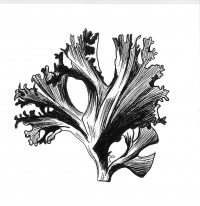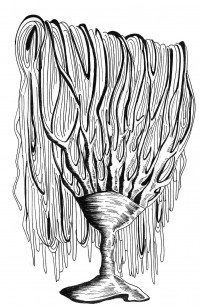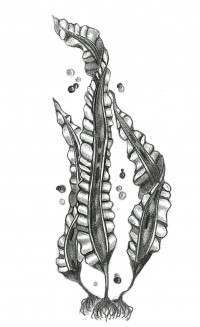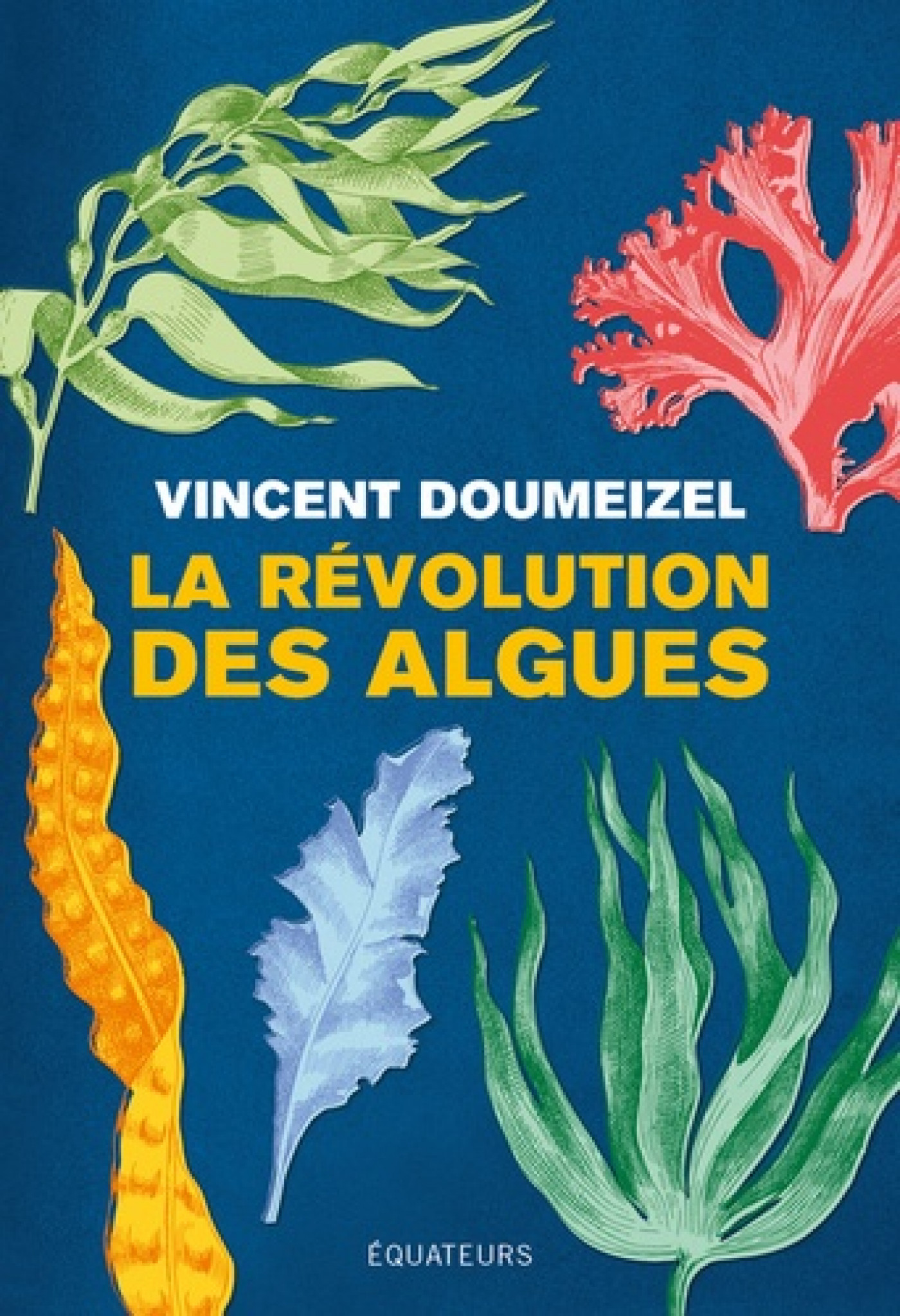Safe Seaweed Coalition- An industry for the future that can learn from the past.
Seaweed can be a gamechanger in food security, climate change mitigation, supporting biodiversity in marine ecosystems and contributing to job creation and poverty alleviation on a global basis. It provides a nutritious source of food to humans and animals and some compounds can be used as a substitute for plastics as well as for natural fertilizers or new medical treatments.
Seaweed is also a key source of jobs and revenues to coastal communities, particularly for women; in Tanzania 80% of seaweed industry revenues go to women while in Indonesia economic empowerment of women has been directly linked to reduced radicalisation in rural areas. Seaweed can also act as a form of carbon sequestration – both directly and as a feed additive to reduce methane emissions from livestock. Increasingly it is being used as a ‘nature-based solution’ to mitigate climate change and restore abundance in the ocean ecosystem.
Today, the nascent seaweed industry is highly disconnected and lacking in the necessary global safety standards. This means that it cannot scale-up to its full potential. Therefore, Lloyd’s Register Foundation is supporting The Safe Seaweed Coalition (SSC). The SSC convenes stakeholders to create a safe, sustainable seaweed industry that can grow quickly and contribute to achieving the UN Sustainable Development Goals.
Vincent Doumeizel, Director of the Food Programme at Lloyd’s Register Foundation, Senior Advisor to the UN Global Compact and member of the SSC Secretariat commented ,“Seaweed may well be the greatest untapped resource on the planet… By coming together in solidarity, we can leverage seaweed to address some of the most pressing global challenges.” Vincent’s recent book, “ La Révolution des Algues,“, explores the complex history of seaweed harvesting and cultivation – a history that contains many lessons for the emerging, modern industry.
Research has shown that 50 Millions years ago, a small aquatic plant called Azolla proliferated and sunk carbon from the atmosphere into the deep ocean. This helped to reduce the prevailing global temperature and thereby created the climate we have today – a pointer to the power of nature based solutions to global heating. How did homo-sapiens evolve with our large brains? Was a meat-heavy diet the key or, as now seems more likely, was it long term consumption of the polyunsaturated fatty acids found in seaweed? In southern Chile, excavation of a settlement at Monte Verde revealed the 14,000 year old chewed remains of nine species of seaweed - evidence of early Pacific Coast migration routes into America. The nutritional value of seaweed also sustained Viking voyagers and was a critical source of sustenance during famine in many rural areas of Ireland during the nineteenth century. Literature extolling the health benefits of seaweed is known from China and seaweed features prominently in the oral traditions and folklore of island national such as Tonga and Hawaii.




Images courtesy of artist Neige Doumeizel
There are regions, such as the Atlantic coast of France, where exploitation of seaweed has a long and influential history – from evidence of neolithic harvesting to creation of a new industry. In early-nineteenth century France, Iodine extracted from seaweed was proven as a powerful disinfectant that has since saved countless lives. Consequently, the regional economy of norther Brittany was dominated by industrial plants set up to produce Iodine. On the Western Isles of Scotland , seaweed has been the feedstock for a succession of innovative industries – from exporting seaweed ash for use in chemical, soap and glass production to alginate used as a thickening agent in toothpaste, jelly and ice cream. More recently , natural pharmaceuticals have been produced and international scientific research effort is now focused on exploring the medicinal and health benefits of seaweed-based products.
Throughout the world, seaweed has played an important role in culture and society. The work of the Safe Seaweed Coalition shows that an exciting new chapter in the seaweed story has begun.
As Vincent notes, “The Safe Seaweed Coalition will draw on the experience of smallholder farmers as well as multinational businesses. We will apply cutting- edge scientific research but we will also make full use of traditional knowledge from coastal communities. The history of the seaweed industry is full of examples of economic and environmental challenges overcome by ingenuity and creativity. Learning from that legacy will certainly help to scale-up a safe and sustainable, modern seaweed industry.”

About the Safe Seaweed Coalition
The Safe Seaweed Coalition builds on the recommendations outlined in the Seaweed Manifesto, a collaborative report developed by the Lloyd’s Register Foundation and the UN Global Compact in 2020 and will bring together diverse stakeholders from across the seaweed industry to establish the critical infrastructure, regulations and technologies required to drive this new type of cultivation to scale. The Coalition has three core objectives:
- Consumer safety – Ensuring seaweed products meet commonly agreed upon safety standards for use by consumers
- Environmental safety – Ensuring seaweed production and processing takes place in harmony with local ecosystems and improves ocean biodiversity
- Operational safety – Ensuring the welfare of workers is protected at every stage of the seaweed value chain
The Coalition currently has more than 800 members from over 80 countries. To-date, the Coalition has funded 24 projects from 15 countries on 5 continents.
Building a new Citizen Science Project - Learning From the Past
There is a rapid expansion of the seaweed industry in the developing world, particularly Asia.
Seaweed is the world’s fastest growing food production sector with potential to improve public health and food security, alleviate poverty, renew marine ecosystems, and mitigate climate change.
The Safe Seaweed Coalition is working to ensure that environmental AND occupational safety are at the forefront of scale-up efforts. This requires collection of new data as well as close attention to historic experience and the knowledge of coastal communities. As such the Coalition already embraces an LFP approach.
Our ambition is to build a new LFP citizen science project, calling for contributions from global musueums and their audiences to help build this evidence base further.
Regional museums and other cultural organisations that have holdings related to seaweed and coastal industry, through the LFP approach, can help us to engage with local coastal communities, bringing together cultural knowledge and new perspectives on a larger scale.
What do you have in your collections, and though your wider communities about the aquaculture industries that could feed into a project like this? Such collaboration can open-up new dialogues, generate compelling case studies, and attract new audiences.
Promoting projects like this can help to increase levels of ocean literacy in museum audiences, mobilising ocean citizens to engage with complex issues. Even if visitors just buy a seaweed product in the museum gift shop, or are encouraged to participate in a citizen science project like Weather rescue data through Zooniverse, they can feel empowered that they are taking action and making a difference to climate change.
We are scoping this project throughout 2022. If you have ideas for potential delivery partners and routes to impact, or would like to get involved please do get in touch.
Other related HEC initiatives
Women and Seaweed
The ‘seaweed women’, as they have been called, have played a leading role in advancing the sustainability of commercial seaweed cultivation for more than four decades. Their commitment, determination and resilience has made them the driving force of the industry, they have taken influential positions in their own communities and they have raised their family living standards.
There is some fascinating artwork here that shows cultivation of seaweed over the centuries Coast: The harvest of the sea – The Eclectic Light Company.
Also on the subject of women, on 1 September 2022, the Lloyd's Register Foundation and leading industry players launched a new collaborative project 'Rewriting women into maritime'.

